“Flattened” does not quite do justice to how the 4×4 Patrol handled the tough terrain — be it alternating bumps, steep sideways inclines, deep sand or a rocky path, it was all smooth sailing. The raft of electronic aids played no small part here. These include:
Variable 4×4 Mode: allowing a choice between sand, on-road, snow and rock driving modes
Hydraulic Body Motion Control: four-wheel independent suspension, claimed to enhance stability and ride
Limited Slip Differential and Rear Differential Lock
Active Brake Limited Slip: described as a traction control mechanism that uses the ABS to transfer power to the wheel(s) needing more traction
Hill Start Assist and Hill Descent Control
After the Patrol, the Terrano felt like quite a climb-down, both literally and figuratively. With only manual transmission (the Patrol had automatic transmission) and no 4×4, the Terrano still did fairly well. Obstacles that demanded crawling pace were tough to navigate, as the Terrano would stall if you slowed down too much. One of the Terranos did in fact get stuck in the sand, and needed some effort to break free.
I also drove the Patrol on a tougher, natural off-road course, where the obstacles were steeper and the sand deeper. Even these did not faze the Patrol, and it handled like a dream. The Terrano was sensibly kept away from this course.
Slalom Course: Micra and Sunny
Next was the turn of the two cars Nissan currently make in India: the Micra and the Sunny. I got to drive the petrol automatic and diesel manual versions of both cars.
The Micra was a hoot to drive. You could pick faults in how it does on your daily commute in the city, but zipping between the cones on the slalom course was fun like no other. Screeching tyres, steering correction, and sharp braking all combined to put a big smile on my face. I also had my first experience of handbrake turns when the driver sitting with me pulled the brake without warning – the car spun sharply as if on a dime, and the turn was dispatched in a whiff.
The Sunny, of course, was not as agile a handler as the Micra, but that only made it even more fun. The extra weight and body length meant more effort to keep the car going where you wanted it to, adding to the entertainment when sliding around the course.
Slalom Course: Leaf
Finally came the turn of the all-electric Leaf. Its appearance might divide opinions, but the interior is futuristic. You push the Start/Stop button to turn on the car, but it is so quiet it is only when you press the accelerator to make the car move that you know for sure it is on. Turn the a-c off and all you hear is a distant hum.
The electric motor endows the Leaf with sprightly performance, although the car does feel heavy, especially around the turns. You might say it was a spooky but entertaining drive – spooky because the car zips ahead noiselessly, and entertaining as I did manage to slide it around the corners and get the tyres to scream in protest.
What a day! A mix of everyday cars with flagship models was a very enjoyable experience. Speaking on the occasion, Guillaume Sicard, President, Nissan India, said that Nissan considered India to be a key market, and were encouraged to expand their network by the success of the locally produced models.
News reports suggest that the Patrol will be launched in India soon at a price of about Rs 1 crore, pitting it squarely against the Toyota Land Cruiser and Land Rover’s Discovery and Range Rover Sport. Let’s hope the Patrol lands on our shores soon, and the Leaf follows suit in the not-too-distant future.
Quick Specifications
Model Patrol Leaf
Propulsion Petrol Electric
Engine Capacity (cc) 5,600 NA
Peak Power (PS) 405 109
Peak Torque (Nm) 560 254
Top Speed (km/h) 200 140-143
Gross Weight (kg) 3,450 1945


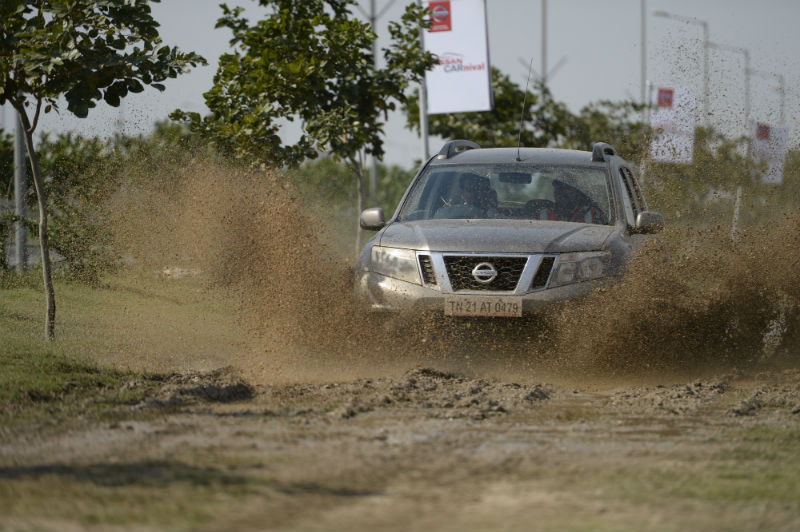
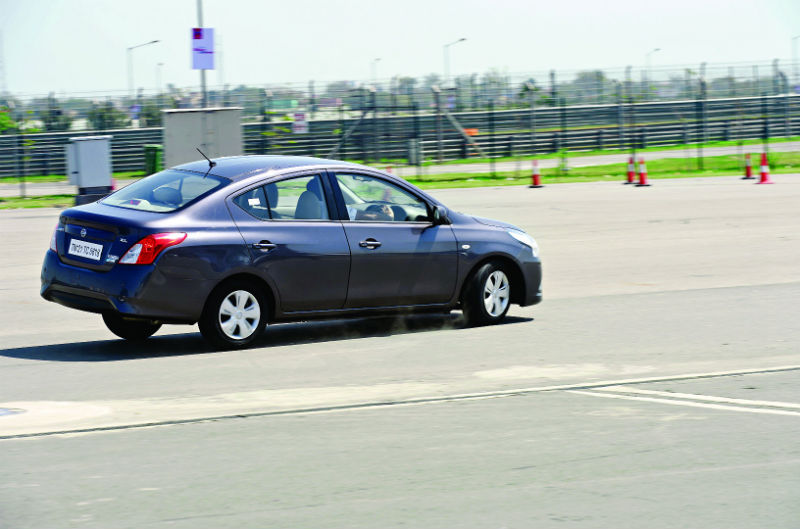
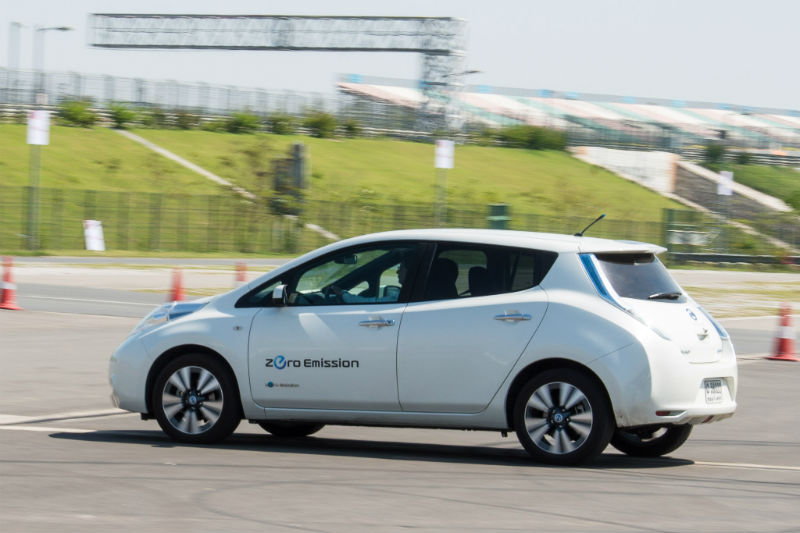


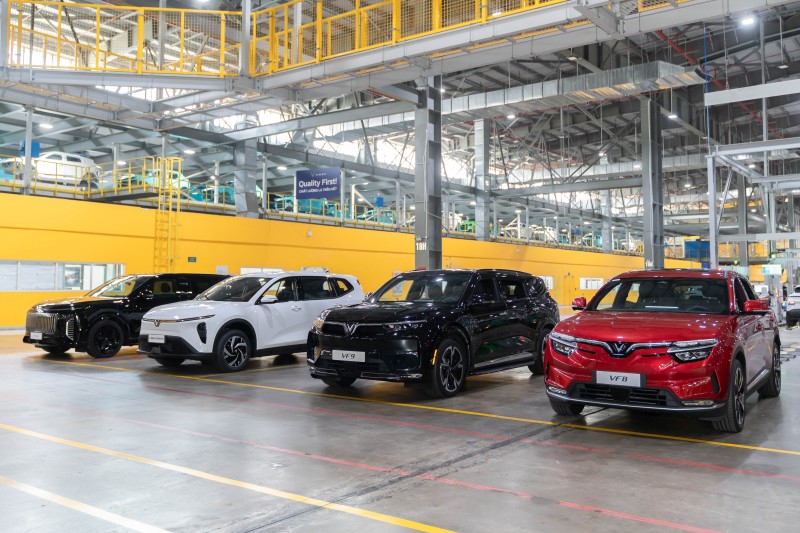
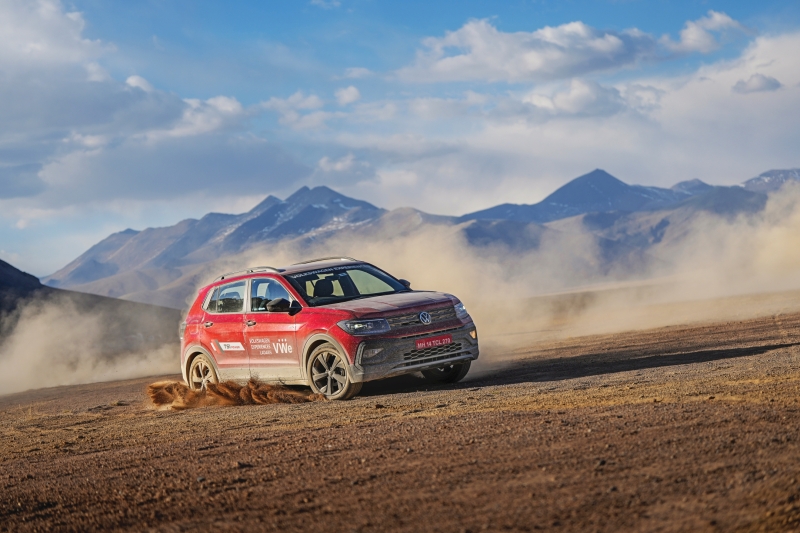
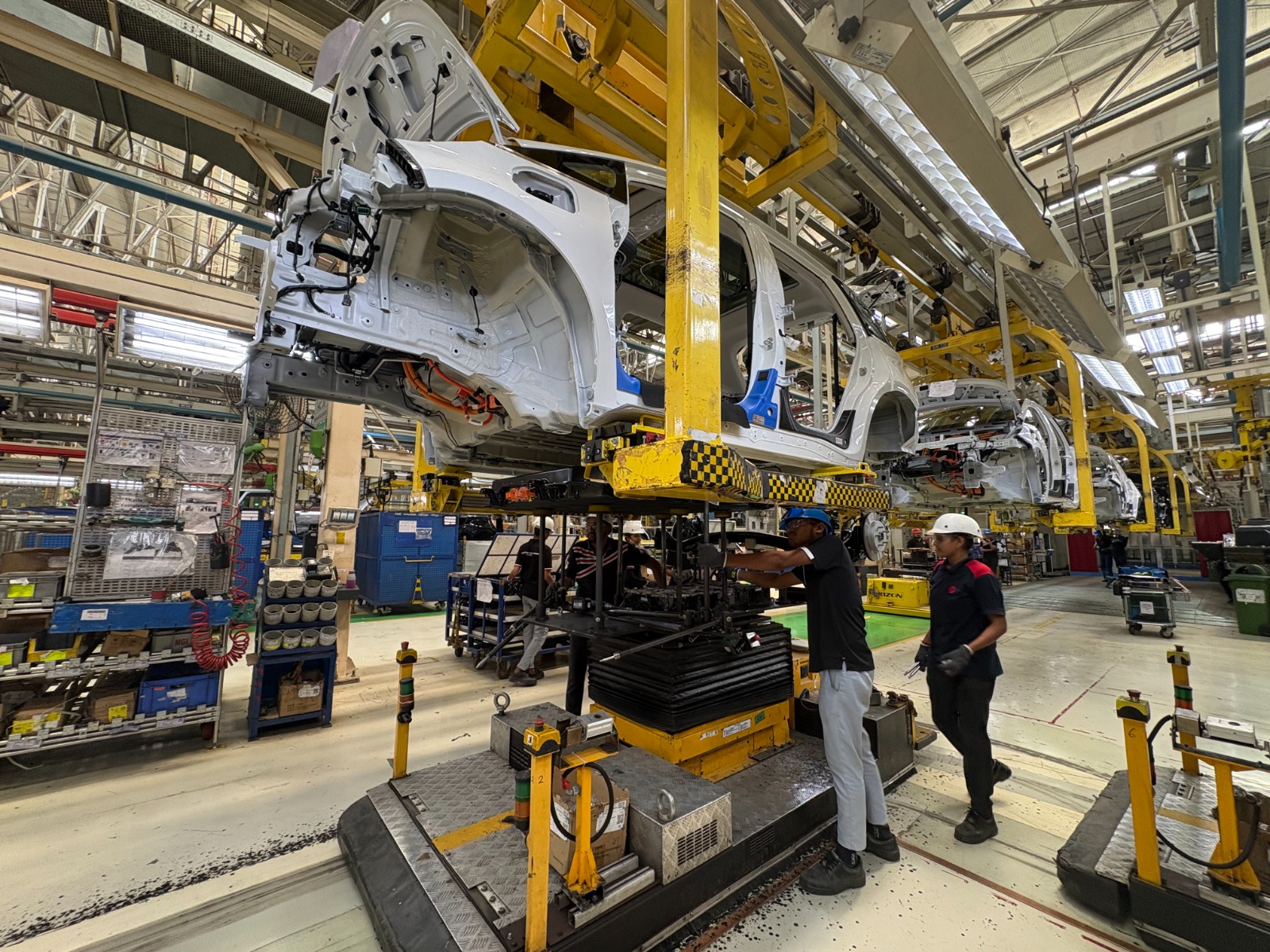
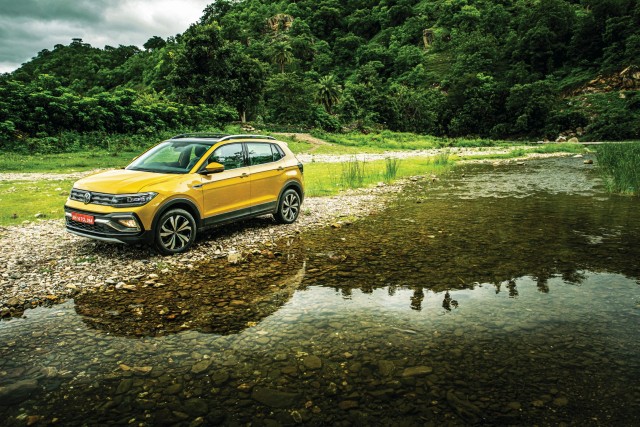
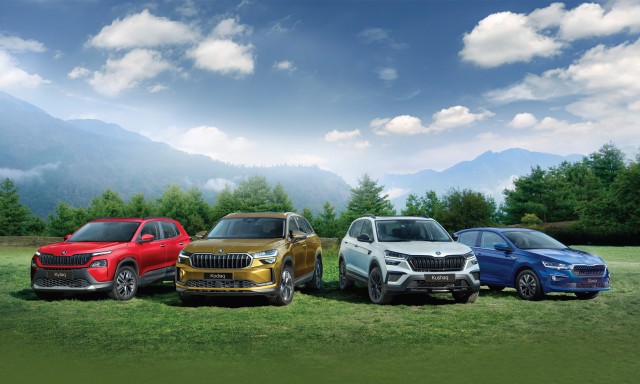
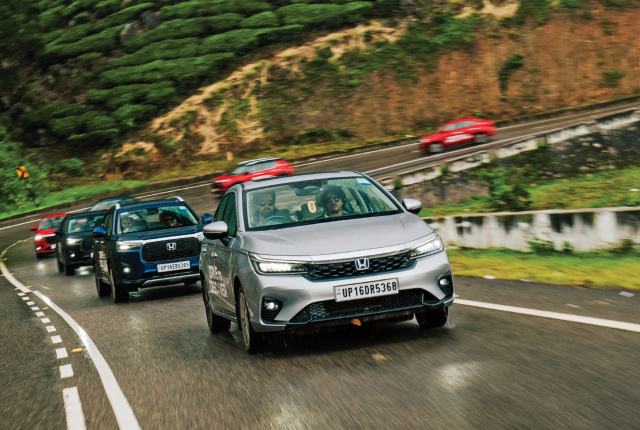
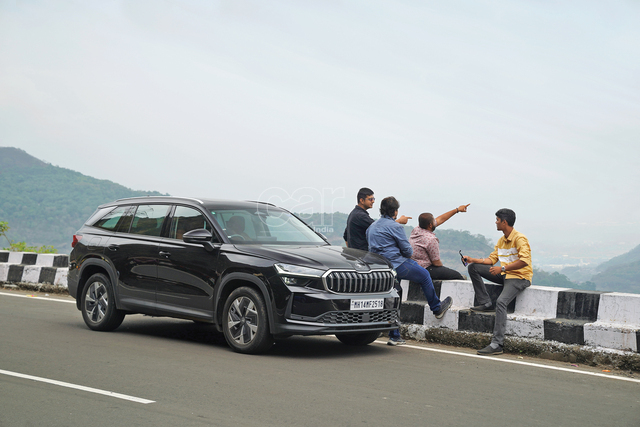

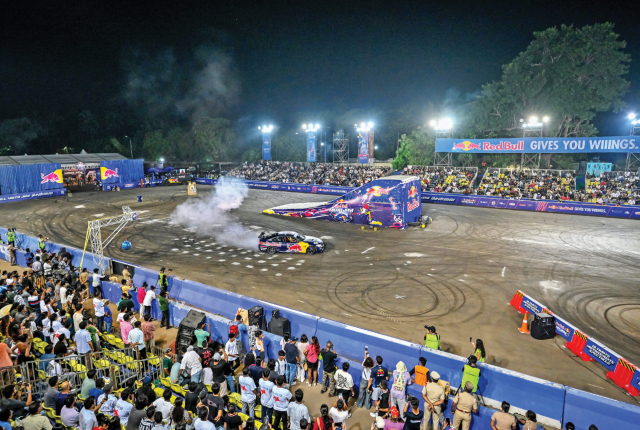
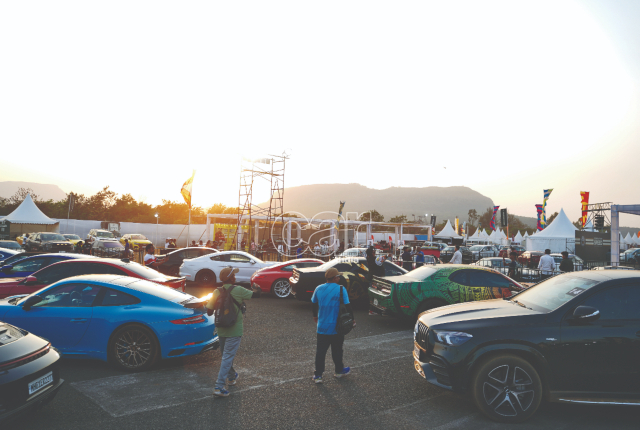
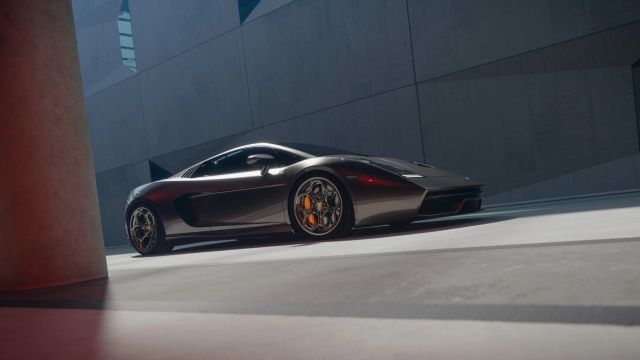
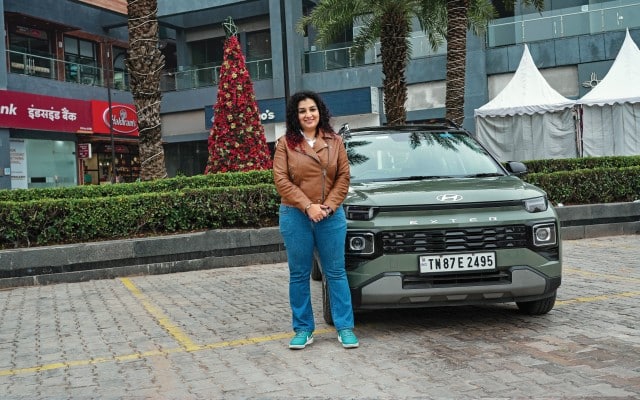
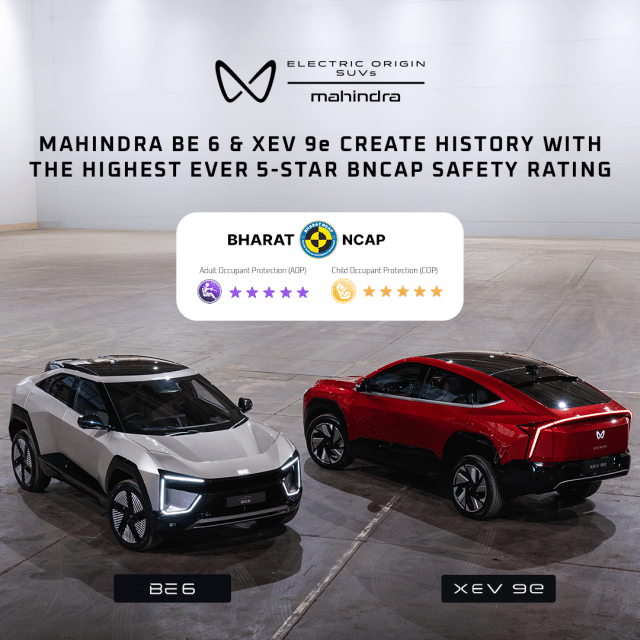

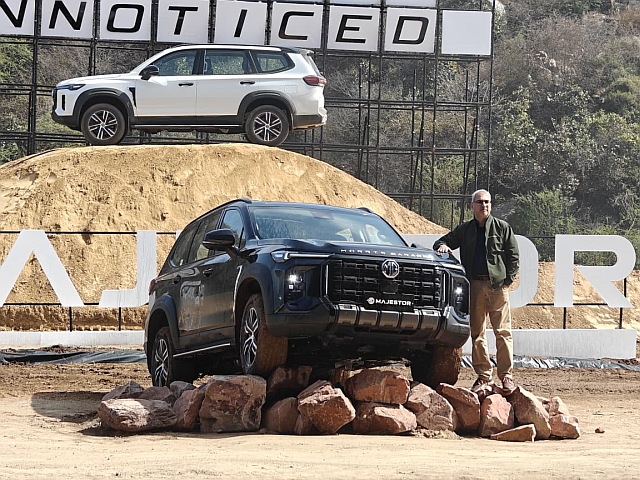

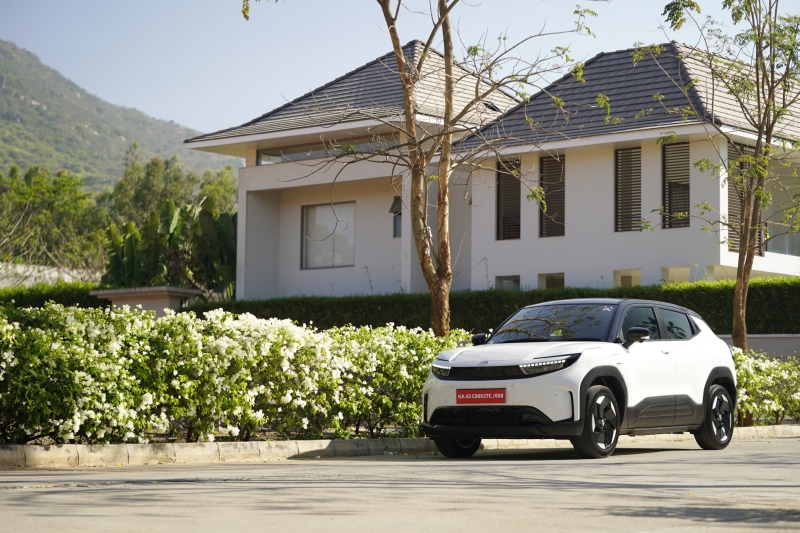
Leave a Reply